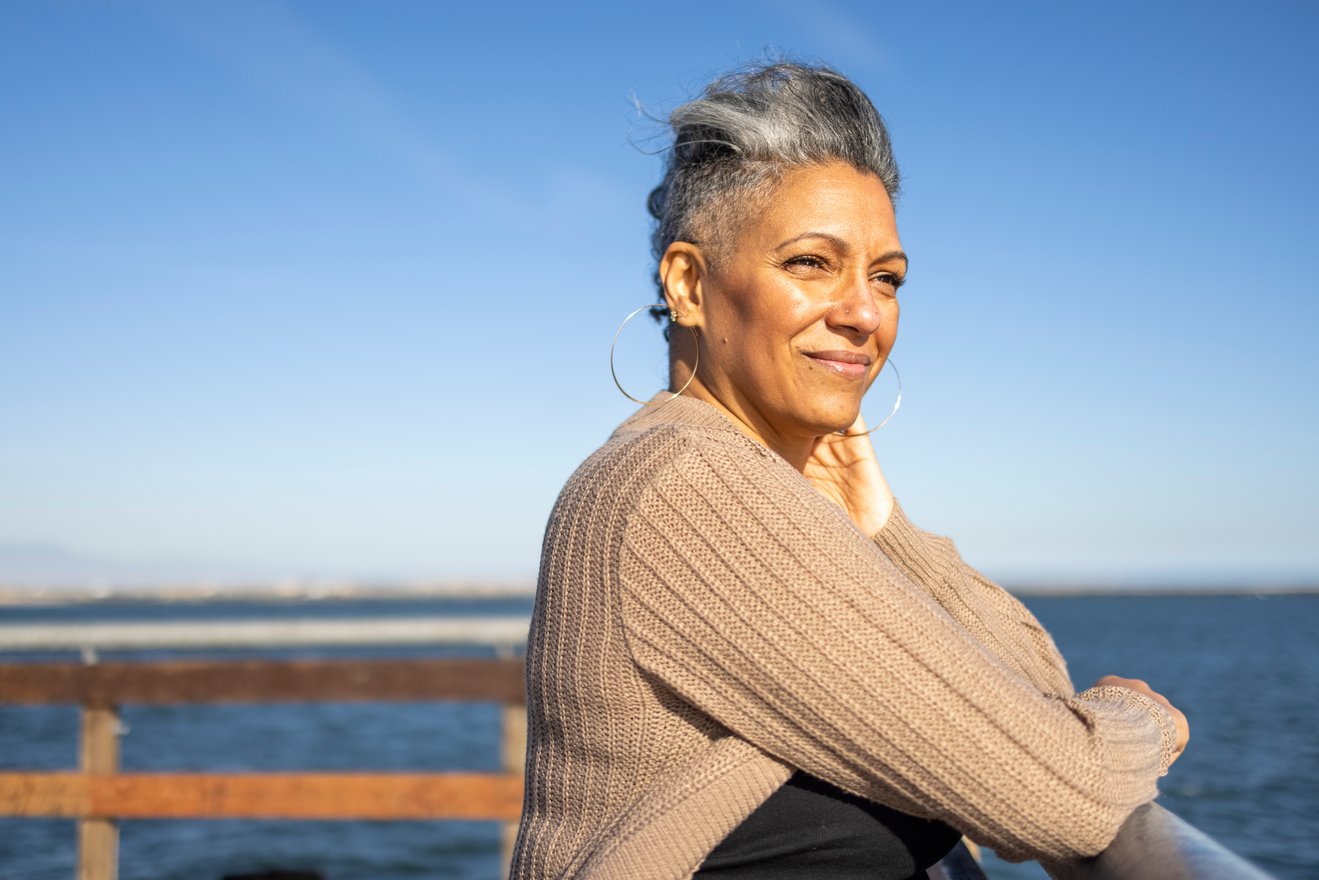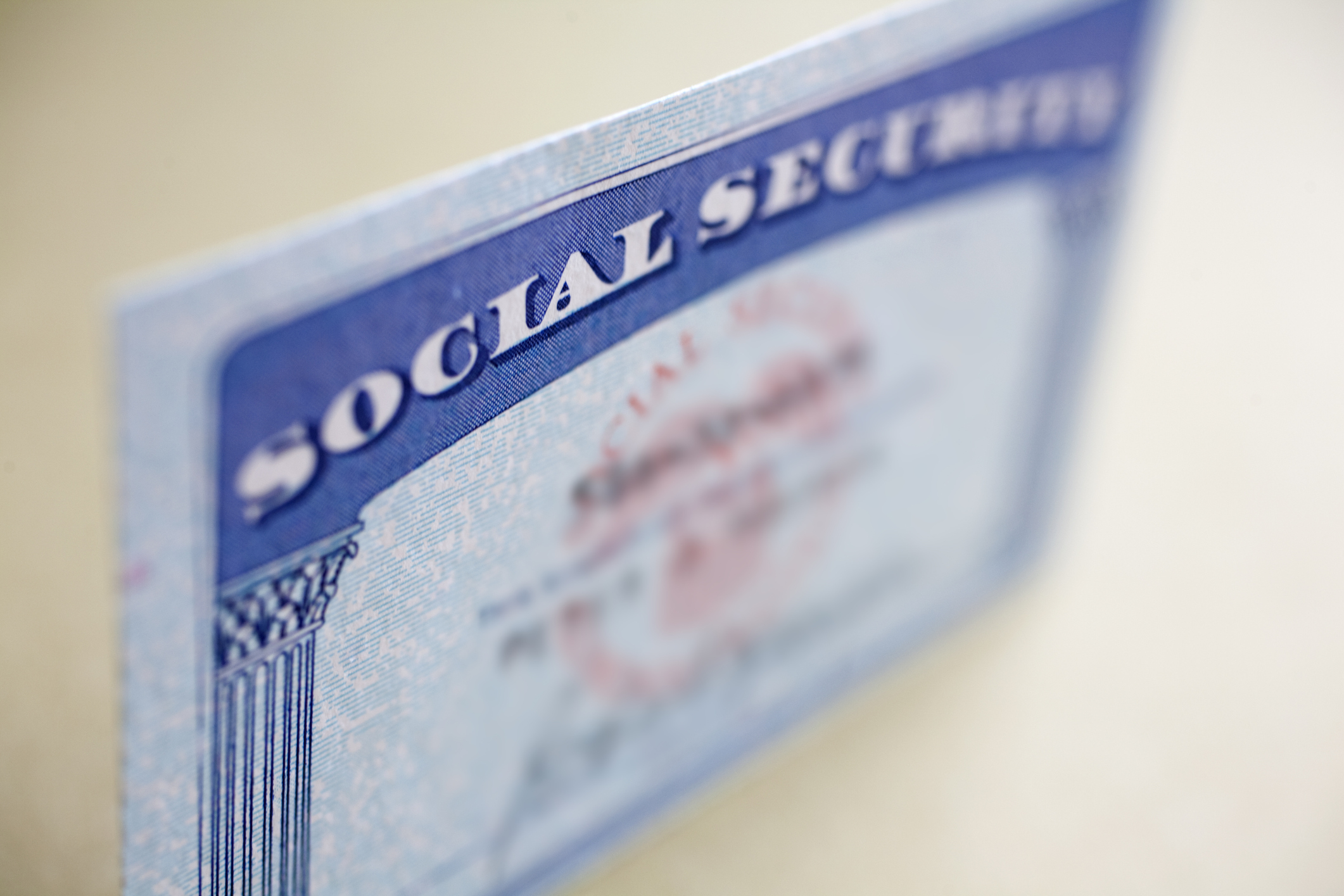Most people think about Social Security as a program supporting older people, and the statistics bear out that assumption quite well. Out of the roughly 62 million people getting Social Security benefits right now, according to the Social Security Administration, more than 43 million are workers who've retired, and millions more are spouses of those retirees.
What many people don't realize is that children are entitled to receive benefits under Social Security under certain conditions. One reason that children's benefits aren't widely known is that very few kids actually receive them. Below, we'll take a closer look at how many children get benefits and why the numbers are so low compared to the number of older Social Security recipients.

Image source: Getty Images.
How many kids get Social Security?
There are three ways for children to receive Social Security benefits. First, eligible children can get family benefits if their parents are receiving retirement benefits from the program. Second, children can also receive family disability payments from Social Security if one or both of their parents become disabled. Lastly, children can receive survivor benefits if a parent passes away.
The number of children getting each of these three types of benefits is relatively small. About 1.87 million children of deceased workers received survivor benefits in July 2018, according to the latest numbers from the SSA. Another 1.51 million children of disabled workers got family disability benefits from Social Security during that month. Just 673,000 children got payments from Social Security for family benefits related to a parent's retirement benefits. Add those numbers up, and you'll get just over 4 million children -- roughly 6.5% of the total number of people on Social Security.
Why don't more kids claim Social Security benefits?
The main reason more children don't get Social Security benefits is that the rules that govern which children can receive them are quite strict. To qualify, a child must generally be unmarried and younger than 18. If the child is still in high school on a full-time basis, then they can continue receiving benefits until they graduate, as long as they're no older than 19 years old. An exception applies to disabled children, who can receive benefits regardless of age if their disability occurred before they turned 22.
The age requirement is a huge reason the number of kids getting family benefits based on a retired parent's work history is so small. It's relatively rare for someone old enough to claim Social Security retirement benefits to have a child young enough to meet the age test for children's benefits. By contrast, disability and survivor situations more often involve younger children, and although the frequency of deaths among younger parents is less than mortality rates among those of retirement age, these tragic events do happen.
In addition, for a child to get family benefits, the retired or disabled worker must claim benefits on the worker's own earnings record. Under the latest changes to Social Security rules, if a retired worker decides to wait until a later time to claim retirement benefits -- perhaps in order to get larger monthly payments later on -- then the child can't get family benefits even if the child would ordinarily qualify based on age.
Should children change your Social Security strategy?
Because of the age restrictions, few parents have to consider their children very much in planning for Social Security. However, if you're one of the few families in which children might become eligible for Social Security, it's important to take them into account in your planning. For instance, claiming retirement benefits early might be smart if it enables a teenager to receive children's benefits for a few years before becoming too old to get them. Doing so will reduce your own retirement benefit, but the total amount your family receives could make it worth making the move.
For the most part, few children get Social Security benefits, and that reflects the primary intent for the program. Nevertheless, Social Security is there for children when they need it most, so don't forget about the program if something happens to a parent.





